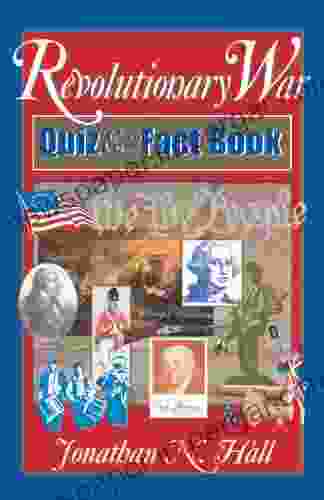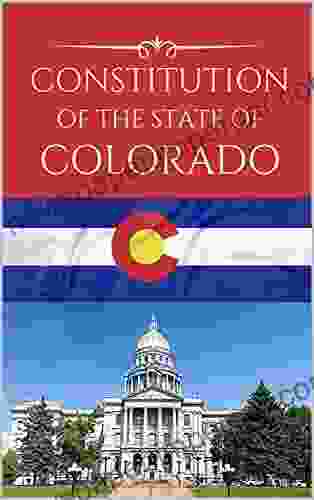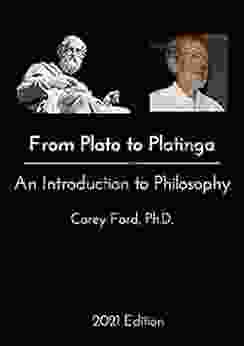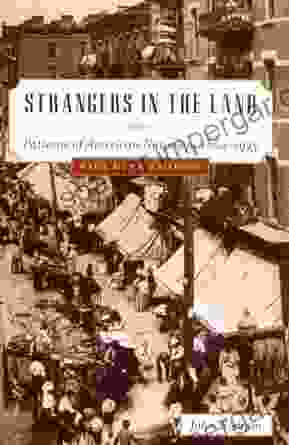Strangers in the Land: Patterns of American Nativism, 1860-1925

In the years following the Civil War, the United States experienced a surge of immigration from Southern and Eastern Europe. These newcomers were often met with hostility and discrimination from native-born Americans. This nativism, or fear of foreigners, was expressed in a variety of ways, from violence and intimidation to the passage of restrictive immigration laws.
4.5 out of 5
| Language | : | English |
| File size | : | 6276 KB |
| Text-to-Speech | : | Enabled |
| Screen Reader | : | Supported |
| Print length | : | 464 pages |
In Strangers in the Land, John Higham provides a comprehensive examination of American nativism, from its origins in the 19th century to its resurgence in the early 20th century. Higham argues that nativism was not simply a product of economic competition or social prejudice, but rather a complex phenomenon rooted in American history and culture.
Higham begins his book by tracing the origins of nativism to the colonial era. He shows how the Puritans, who founded the Massachusetts Bay Colony, were deeply suspicious of outsiders. This suspicion was reinforced by the experiences of the American Revolution, which was fought against British rule. After the Revolution, many Americans believed that the United States was a unique nation, destined to be a beacon of liberty for the world. This belief led to a sense of national superiority, which in turn made Americans more resistant to immigration.
In the 19th century, nativism was fueled by a number of factors, including the influx of immigrants from Southern and Eastern Europe. These immigrants were often seen as being racially and culturally inferior to native-born Americans. Nativists argued that these immigrants would undermine the American way of life. They also feared that immigrants would compete with native-born Americans for jobs and resources.
Nativist sentiment found expression in a variety of ways. In the 1850s, the Know-Nothing Party, a nativist political party, won control of several state governments. In the 1860s and 1870s, nativists attacked Chinese immigrants in the West. In the 1880s, nativists lobbied for the passage of the Chinese Exclusion Act, which banned Chinese immigration for ten years.
In the early 20th century, nativism resurged in response to the arrival of new waves of immigrants from Southern and Eastern Europe. These immigrants were often met with violence and intimidation. In 1917, Congress passed the Immigration Act of 1917, which imposed literacy tests and other restrictions on immigration. In 1924, Congress passed the Immigration Act of 1924, which further restricted immigration from Southern and Eastern Europe.
Strangers in the Land is a classic work of American history. Higham's book provides a comprehensive and nuanced account of American nativism. He shows how nativism was rooted in American history and culture, and how it shaped American immigration policy.
Reviews
"Strangers in the Land is a magisterial work of scholarship, a must-read for anyone interested in American history, immigration, or xenophobia." —The New York Times
"Higham's book is a classic of American historiography. It is a work of great insight and erudition, and it remains essential reading for anyone interested in understanding American nativism." —The American Historical Review
"Strangers in the Land is a brilliant and provocative book. Higham's analysis of American nativism is both insightful and timely." —The Journal of American History
Free Download Your Copy Today
Strangers in the Land is available in hardcover, paperback, and e-book formats. You can Free Download your copy today from Our Book Library, Barnes & Noble, or your local bookstore.
4.5 out of 5
| Language | : | English |
| File size | : | 6276 KB |
| Text-to-Speech | : | Enabled |
| Screen Reader | : | Supported |
| Print length | : | 464 pages |
Do you want to contribute by writing guest posts on this blog?
Please contact us and send us a resume of previous articles that you have written.
 Book
Book Novel
Novel Page
Page Chapter
Chapter Text
Text Story
Story Genre
Genre Reader
Reader Library
Library Paperback
Paperback E-book
E-book Magazine
Magazine Newspaper
Newspaper Paragraph
Paragraph Sentence
Sentence Bookmark
Bookmark Shelf
Shelf Glossary
Glossary Bibliography
Bibliography Foreword
Foreword Preface
Preface Synopsis
Synopsis Annotation
Annotation Footnote
Footnote Manuscript
Manuscript Scroll
Scroll Codex
Codex Tome
Tome Bestseller
Bestseller Classics
Classics Library card
Library card Narrative
Narrative Biography
Biography Autobiography
Autobiography Memoir
Memoir Reference
Reference Encyclopedia
Encyclopedia John Patrick Shanley
John Patrick Shanley John Schwenkler
John Schwenkler John F Wukovits
John F Wukovits John Diamond
John Diamond Johnny Molloy
Johnny Molloy Joseph Levine
Joseph Levine Jolin White
Jolin White John G Jackson
John G Jackson Jon Andre Lundal
Jon Andre Lundal Joseph David Job
Joseph David Job John Sadler
John Sadler Jonathan Ray
Jonathan Ray Jonathan Bonnitcha
Jonathan Bonnitcha John Heart
John Heart Jonathan Jones
Jonathan Jones John Salinsky
John Salinsky John Norris
John Norris John Mutz
John Mutz Joseph J Fins
Joseph J Fins John Espirian
John Espirian
Light bulbAdvertise smarter! Our strategic ad space ensures maximum exposure. Reserve your spot today!

 Samuel Taylor ColeridgeCreativity and Innovation: The Ultimate Guide for Theory, Research, and...
Samuel Taylor ColeridgeCreativity and Innovation: The Ultimate Guide for Theory, Research, and...
 Haruki MurakamiUnleash Your Inner Revolutionary: Delve into the Revolutionary War Quiz and...
Haruki MurakamiUnleash Your Inner Revolutionary: Delve into the Revolutionary War Quiz and...
 Nick TurnerFacility Management Job Interview Success: The Ultimate Guide to Landing Your...
Nick TurnerFacility Management Job Interview Success: The Ultimate Guide to Landing Your... William PowellFollow ·4.7k
William PowellFollow ·4.7k Hugh BellFollow ·17.2k
Hugh BellFollow ·17.2k Mario SimmonsFollow ·6.7k
Mario SimmonsFollow ·6.7k Benji PowellFollow ·4.8k
Benji PowellFollow ·4.8k Jules VerneFollow ·4.2k
Jules VerneFollow ·4.2k Roberto BolañoFollow ·12.6k
Roberto BolañoFollow ·12.6k Corey GreenFollow ·16.1k
Corey GreenFollow ·16.1k Francisco CoxFollow ·6.9k
Francisco CoxFollow ·6.9k

 Jake Powell
Jake PowellThe Constitution of the State of Colorado: A Legacy of...
Since its adoption in 1876, the...

 Devin Ross
Devin RossFrom Plato to Plantinga: A Journey Through the History of...
Philosophy is the study of...

 Robin Powell
Robin PowellWords That Hurt, Words That Heal: The Power of Language...
Words are powerful. They can...

 T.S. Eliot
T.S. EliotTantalize Your Taste Buds with Over 90 Low-Carb Ethnic...
Indulge in a Culinary Adventure with "Over...
4.5 out of 5
| Language | : | English |
| File size | : | 6276 KB |
| Text-to-Speech | : | Enabled |
| Screen Reader | : | Supported |
| Print length | : | 464 pages |










